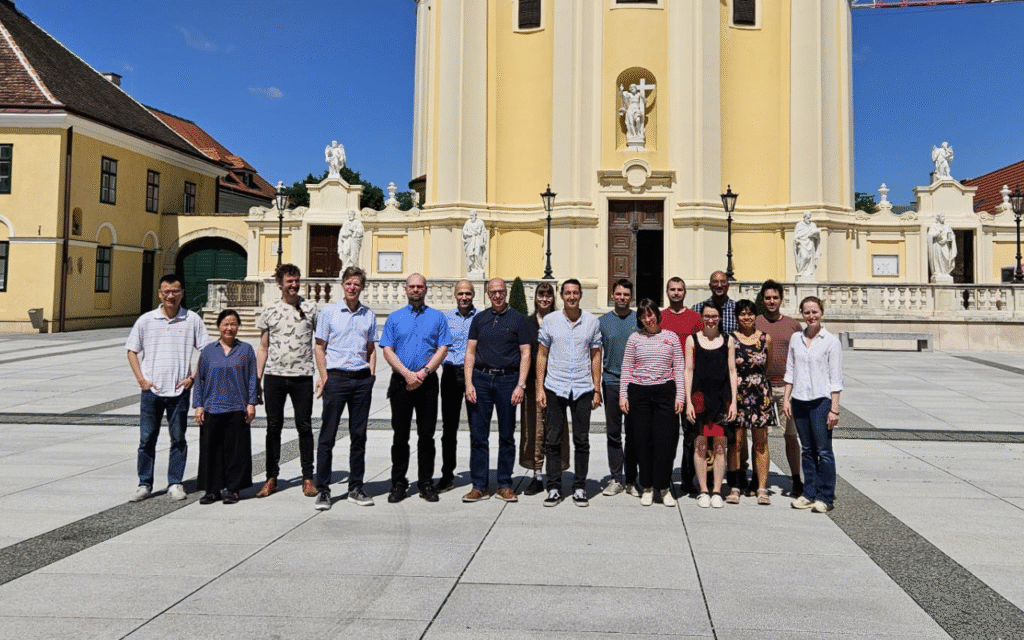Pollination is key towards ensuring a stable food supply as it leads to the production of fruits we can eat, and seeds that will create more plants. While in the past pollination has been provided by nature, now serious decline in populations of wild pollinators impacts agriculture and thus, food supply.
Monitoring wild pollinator populations and services contributes essential knowledge towards their preservation and their critical role in sustainable crop production. Technological methods as well as some Artificial Intelligence (AI)-based applications can be increasingly valuable in monitoring by both scientists and farmers.
What practices can promote the conservation and management of wild pollinators? How can pollinator technologies transform the management of our farmlands and make them more sustainable?
As part of our Twitter chat series launched in July 2020, the ARIES team will host an online discussion on Twitter next Tuesday, March 30, in order to discuss pollinator technologies’ role in achieving a sustainable agriculture. The one-hour online discussion will start at 9.30am CDT/ 12.30pm ART/ 4.30pm CET/ 10.30pm AST and will have as main participants:
- Lucas Alejandro Garibaldi, CONICET Principal Investigator and Director at the Research Institute on Natural Resources, Agroecology and Rural Development (IRNAD, UNRN-CONICET). His work over the years has focused on leading studies and science-based activities with multiple actors in the fields of agroecology, ecological economics, ecological intensification, pollination, and nature’s contributions to human well-being.
- Ignasi Bartomeus, Senior Researcher at Doñana Biological Station. Besides working with plant-pollinator communities, he is broadly interested in understanding how global change drivers impact community structure and composition, and how those impacts translate to the ecosystem functioning.
- Cristina Botías, Research Fellow at the Center of Apicultural and Agri-environmental Research (CIAPA-IRIAF). Specialised in Bee Pathology, her broad research interests span biodiversity, ecology and conservation of pollinators, with a focus on the responses of bees to environmental stressors such as pesticide or pathogen exposure.
- Luís Ferreirim, Responsible for the Agriculture Campaign at Greenpeace Spain. He is an eco-pacifist, who has dedicated more than half of his life to the third sector, both in Portugal and in Spain. He currently leads the work of the #SOSbees campaign at Greenpeace Spain to stop factory farming and promote agroecology.
- Germán Canomanuel, Responsible for Governmental Affairs at Syngenta Spain. As an agricultural engineer, he has more than 30 years of experience in the plant protection sector. He currently manages environmental and sustainable agriculture projects with various stakeholders to improve the integration between agriculture and environment through the introduction of new technologies and innovative programs like Operation Pollinator.
The Twitter chat will be open to anyone who is interested in the topic, so feel free to join the conversation by using the hashtag #AriesChat on March 30 at 9.30am CDT/ 12.30pm ART/ 4.30pm CET/ 10.30pm AST and interact with our four experts by sharing your own insights or raising more questions.
Your opinion matters!




